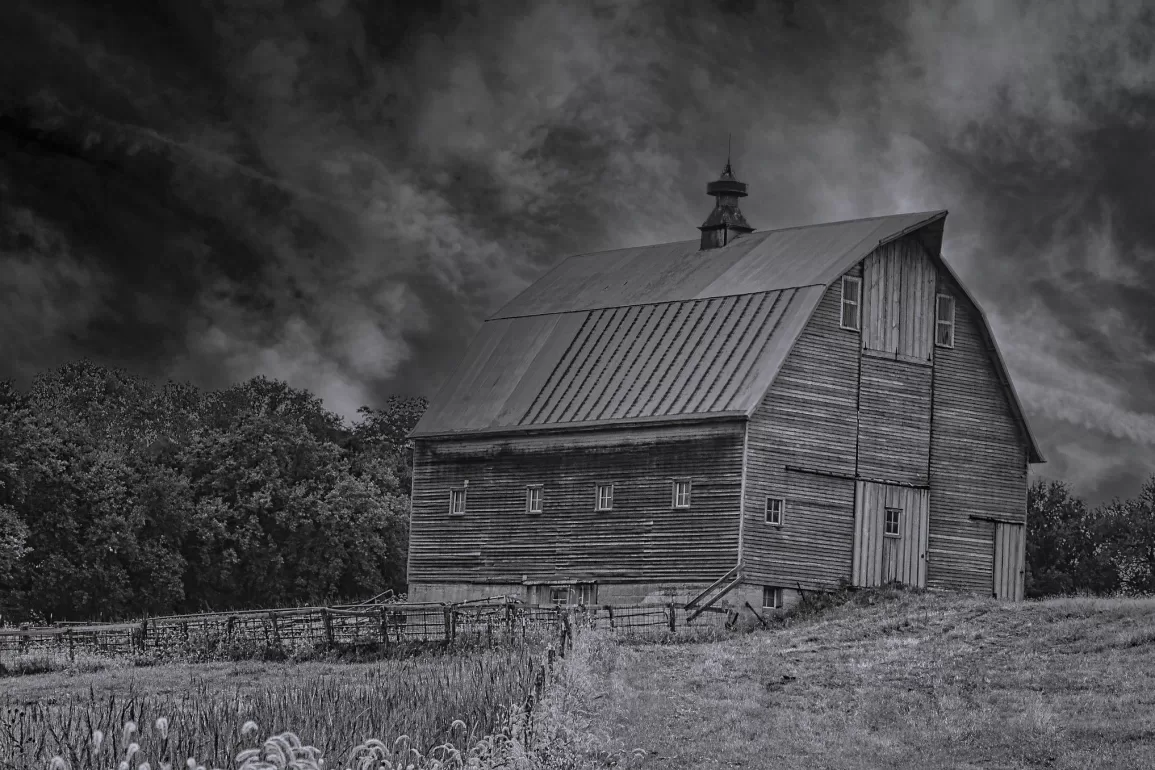1 In one day, six months ago, Louis Paradis became a husband and a farmer. He had the date engraved inside Maria’s wedding band, October 25 1950, and their names too, as if they’d ever forget what to call each other. On their wedding day, Maria’s father gave them the deed to a quarter section of land with a field, an old house, a barn, and six cows. Maria had been brought up on the farm and was overjoyed, but...

